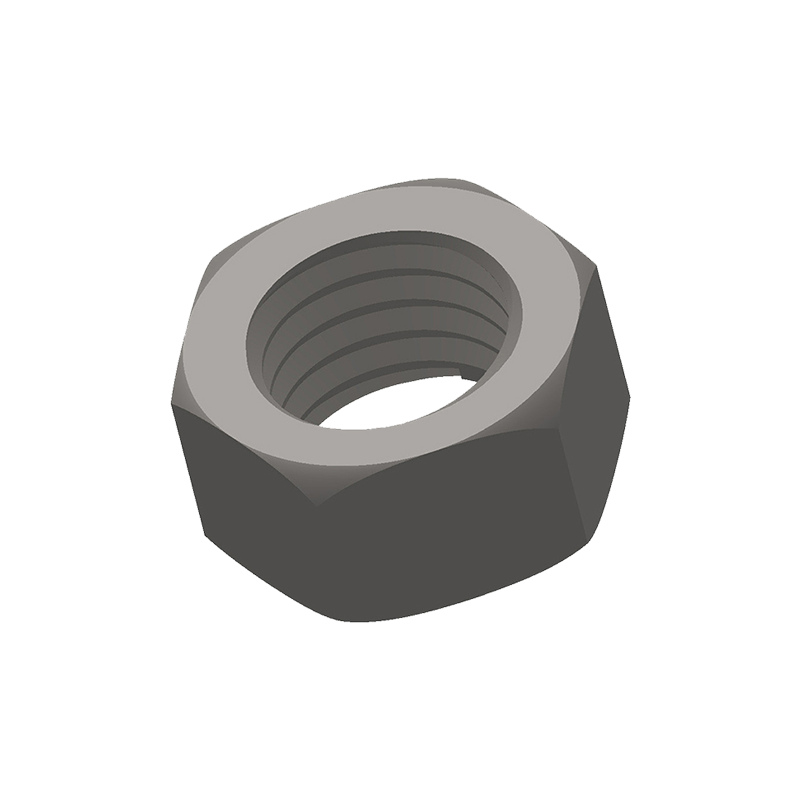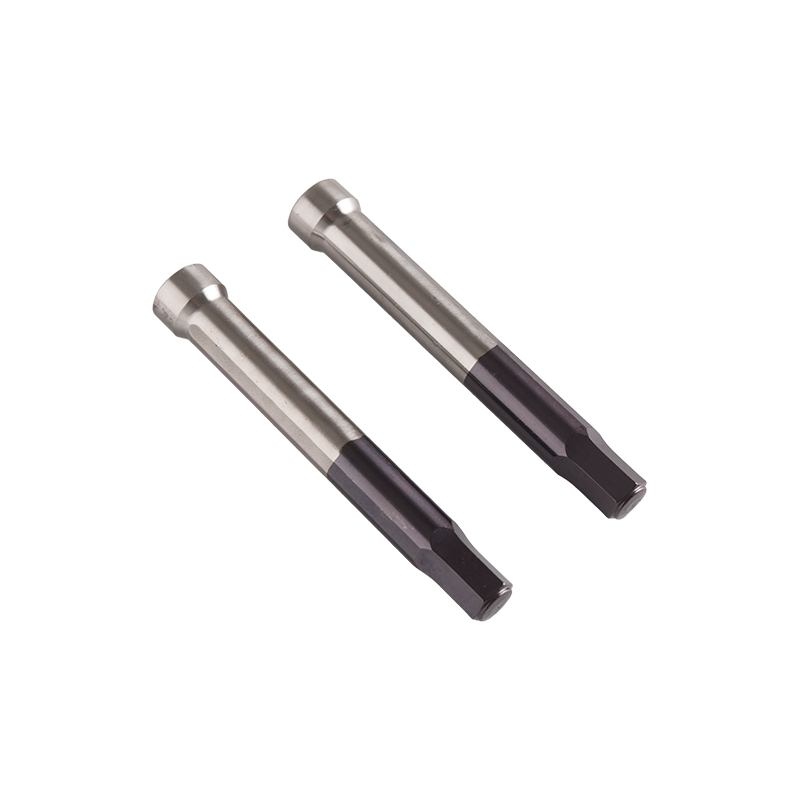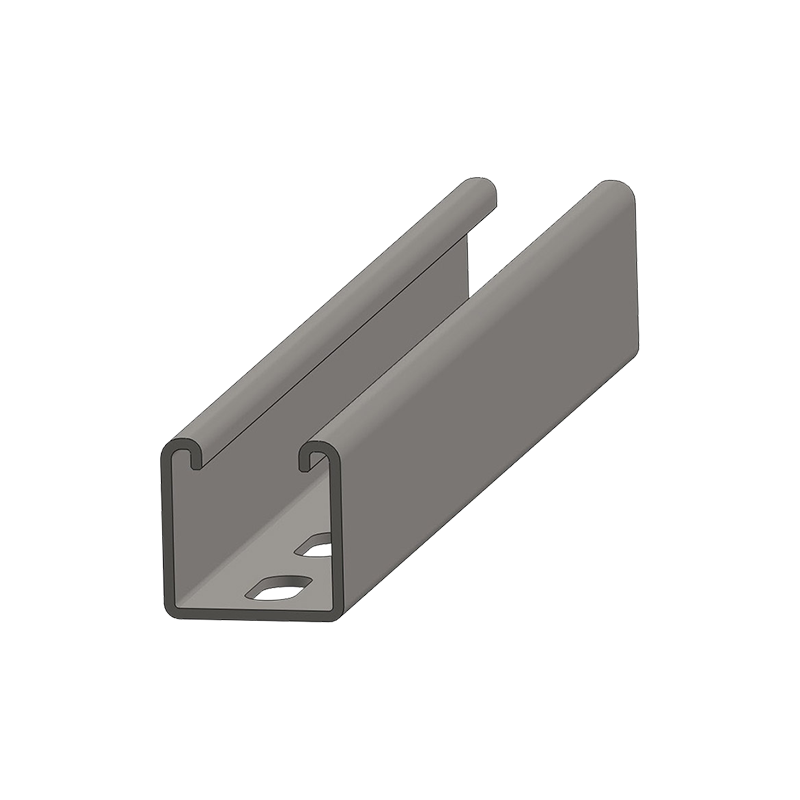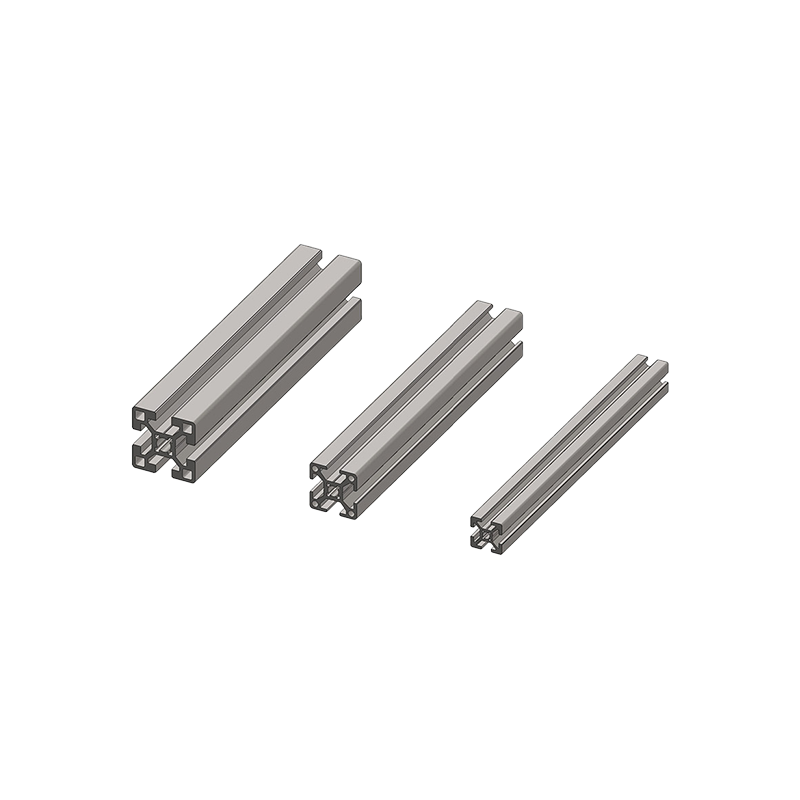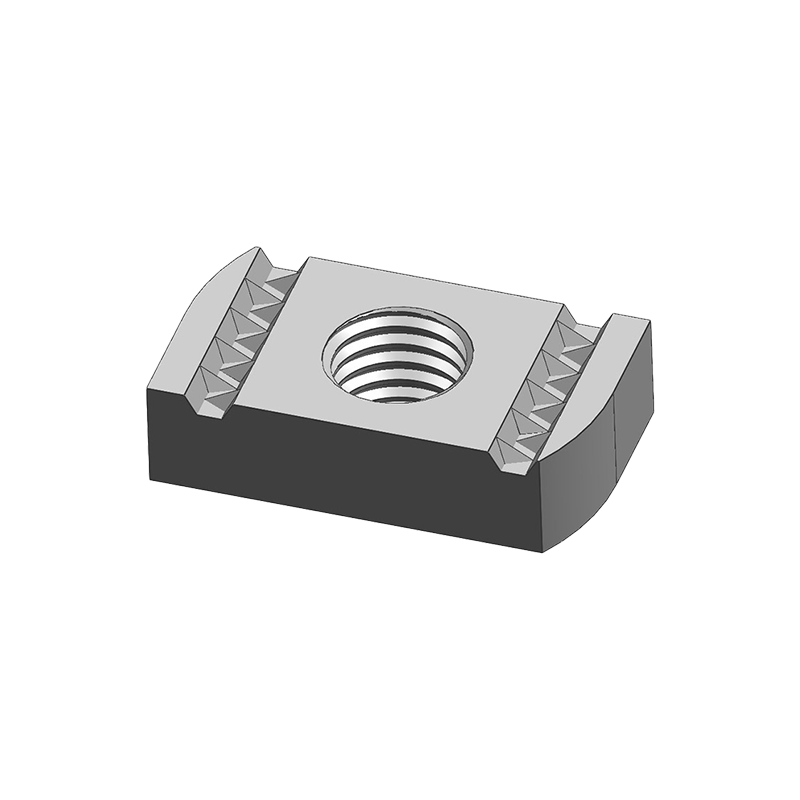Welcome to Jiaxing Taigor Machinery Co., Ltd.

-
Home +
- About us +
-
Products +
Bolt and Nuts Screw nut DM6A4692 Bolts DM6A4728 Auto Part Bolts Auto Parts Bolts Multi-Purpose Construction Bolts Spring washer Flange nuts Hex nuts Flat washers Long hex nutPunch and Dies Shaped K tube Shaped K tube Special-shaped push tube, punch Shaped K tube Shaped K tube Non-standard bottom plug Non-standard die Trimming die Multilayer Punch Shaped punch Shaped punch Special-shaped tool holder
-
Service +
- News +
-
Contact +
 中文简体
中文简体
 English
English
 Español
Español
 Deutsche
Deutsche



